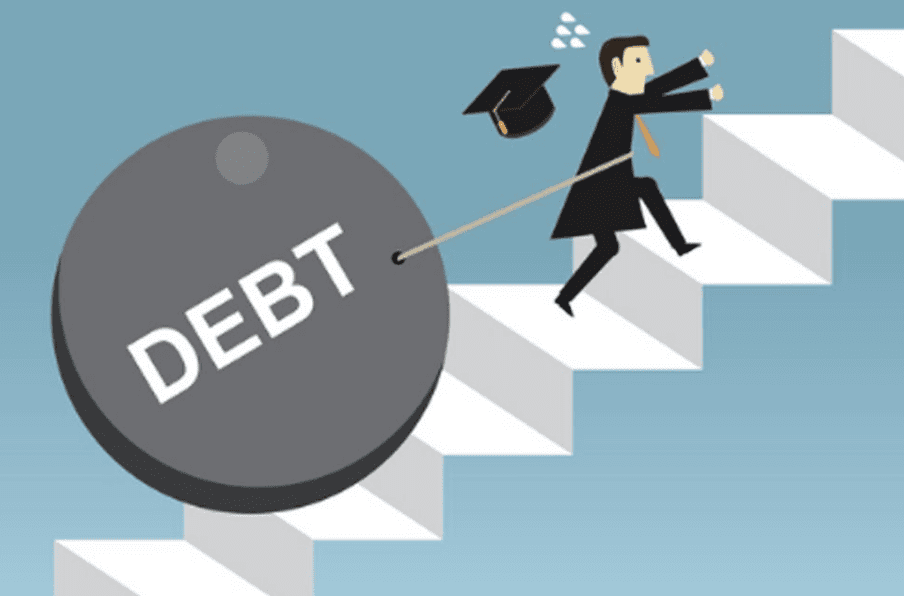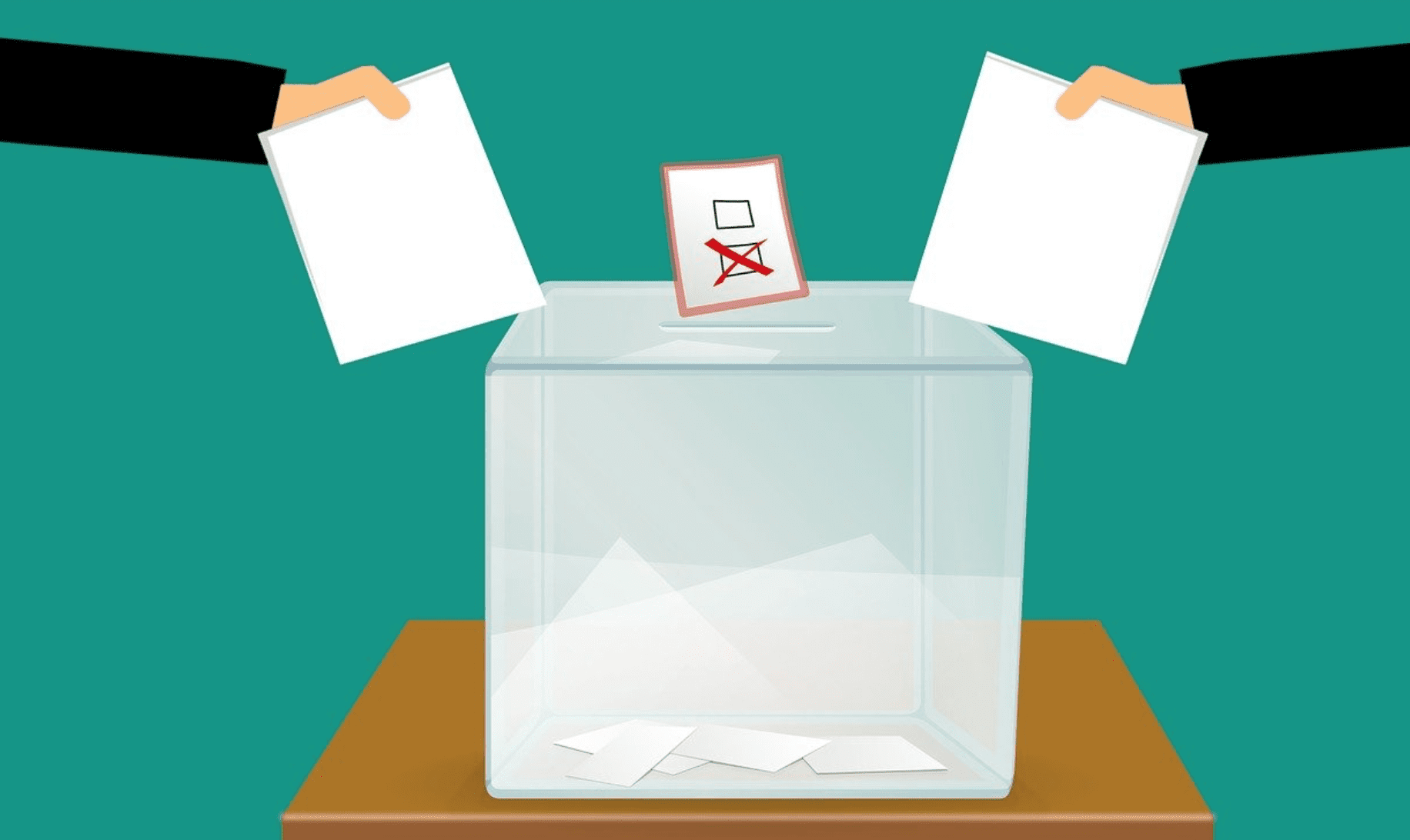To quote the famous philosopher and drag queen Bianca Del Rio: "it bears repeating": Canada should look to forgive student-loan debt as a stimulus measure. I wrote about this in the spring, and it remains truer than ever.
September will see the wind down of the CERB and a transition to some convoluted series of benefits through Employment Insurance I've written before that a basic income is instead the right way to go. It's simpler, smarter and easier for people to navigate (and still would leave room for additional targeted measures).
September will also see the end of the freeze on interest for student loans. Students will face a double whammy of lost CERB funding and the return of debt payments. (If they own a home, mortgage payments will also resume.)
Now is the time for student-loan forgiveness to move to the forefront of our public policy discussions and urgently. It was a good idea before COVID-19; now, it is critical for our economic recovery.
I am shocked student-loan forgiveness is not a bigger issue in this country. It is in the United States, where Joe Biden is pledging debt relief of up to $10,000 per student and Elizabeth Warren is leading the fight in the Senate to eliminate nearly 95% of student-loan debt.
If the Democrats are ahead of Canadian progressives, what does that say about us?
Between 2015 and 2019, our federal government actually wrote off over $710 million in debt under legislation related to defaulted or non-collectable loans.
And, it's not as if there isn't already money available to do something similar, as a minimum. Indeed, as we all are too familiar, the aborted WE Charity volunteerism incentive program was pegged at over $900 million or roughly 5% of the total student debts held by the federal government.
Put simply, isn't it better that the $860 million in interest payments on student loans or roughly 95% of the WE scheme's cost is put into the economy by graduates spending money, rather than just going to the federal government? Isn't this inherently a conservative and progressive notion, at the same time?
As Senator Warren has argued about her plan, "The experts also conclude that my plan will likely provide a boost to the economy through 'consumer-driven economic stimulus, improved credit scores, greater home-buying rates and housing stability, higher college completion rates, and greater business formation'".
Putting money back into people's pockets so they can shop, dine out, save for a house this ought to be a policy prescription that unites conservatives and liberals alike.
This is also an inherently targeted plan to help those who need it: student-loans are already means tested, meaning they are disproportionately held by low- and lower-middle-income graduates.
Vice-President Biden's plan, for instance, would apply only to loan holders who make less than $125,000 a year, meaning it is specifically targeted at exactly the people who represent "the middle class and those working hard to go and do likewise".
Senator Warren makes a final point worth remembering when she says, "Once we've cleared out the debt that's holding down an entire generation of Americans, we must ensure that we never have another student debt crisis again. We can do that by recognizing that a public college education is like a public K-12 education — a basic public good that should be available to everyone with free tuition and zero debt at graduation."
With that broader goal in mind, forgiving student-loan debt now will be a targeted stimulus to help our economy recover from COVID-19 and a chance to put back in place the radical, simple system that existed in North America before the 1980s: that of an upwardly mobile society, empowered by education and supported by their government to borrow a line from Hamilton because it's still in my head "rise up".
Photo Credit: The Real News








